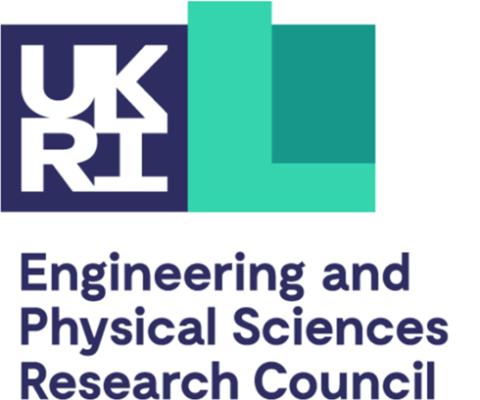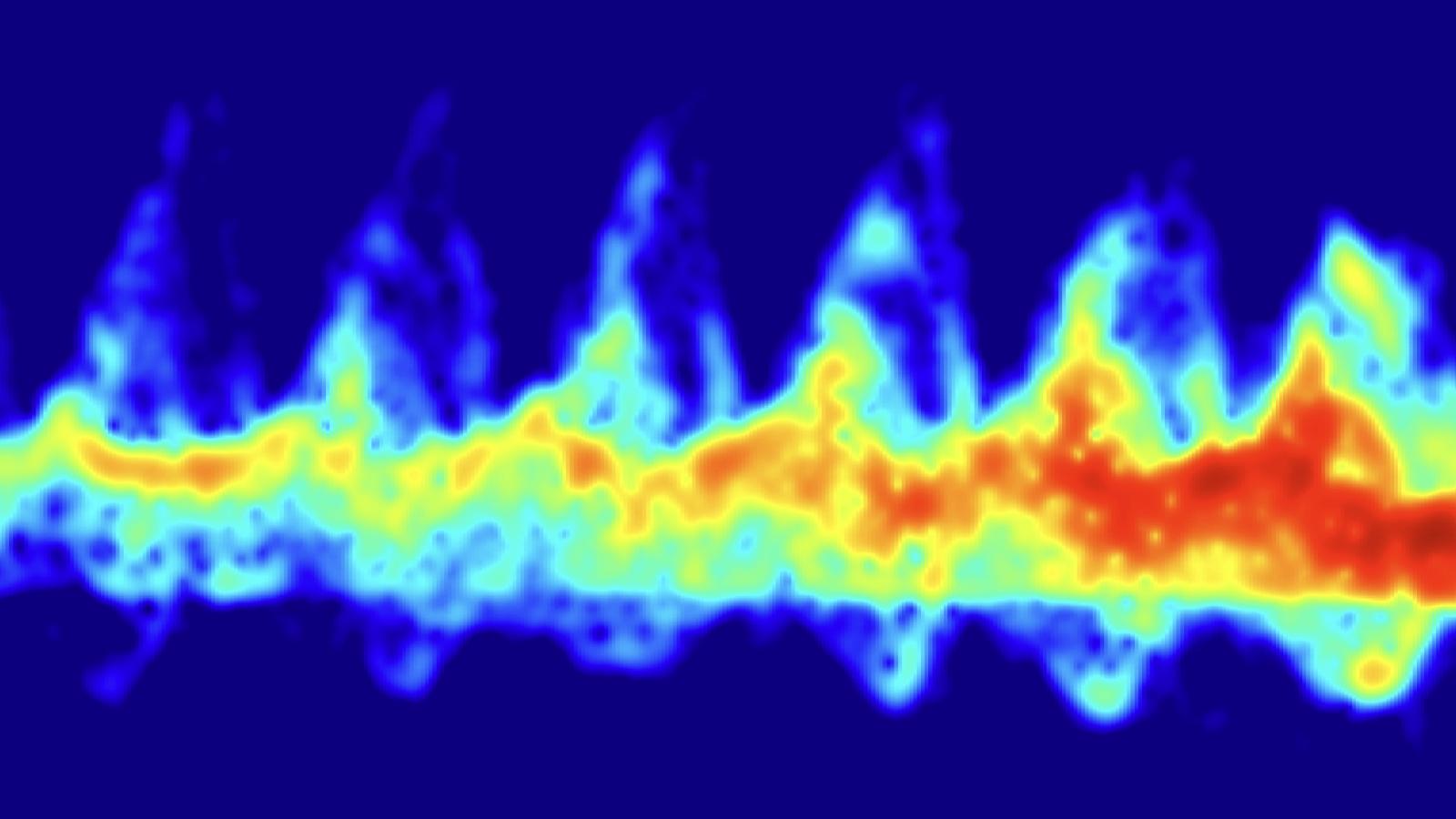Info
Supporting people living with dementia through novel technology
The aim of this programme is to create novel bioelectronic systems that will enable continuous, minimally obtrusive monitoring and new interventions to improve outcomes for people living with dementia. Research in the Constandinou Lab encompasses the full breadth of biomedical device technologies that sense human physiology and behaviour and provide the opportunity to intervene. These include wearable, implantable and remote sensing technologies capturing physiological, behavioural and environmental parameters. Devices can intervene using a direct interface to the human body, or remotely through an external device, carer, or clinician.
The UK DRI Centre for Care Research and Technology aims to improve dementia care using new technologies. This is uniquely challenging in dementia, particularly relating to people with dementia using and engaging with technology. It is therefore essential to co-create with key stakeholders (people with dementia, carers, clinicians, scientists) and adopt a user-centred design strategy. This has helped define a focus to create technologies that encourage deployability (low cost, scalability) and good compliance (uptake and adherence). Specifically, we are developing unobtrusive, remote sensing using wall-mounted radar, ultra-wearable platforms using in-ear sensing (‘hearables’), and brain interfacing using implantable devices.
Latest news
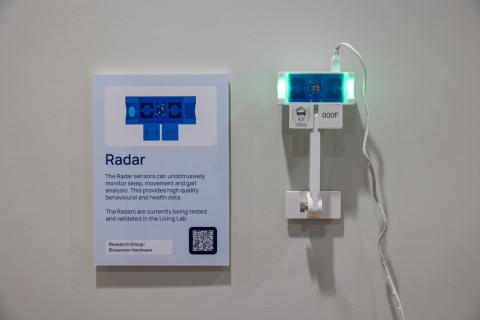
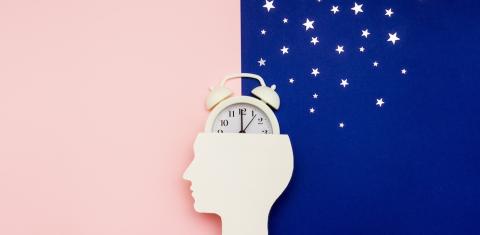
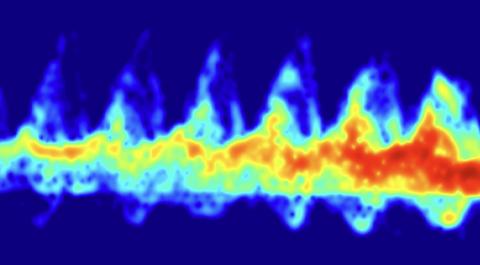
Prof Timothy Constandinou
Prof Timothy Constandinou is a Group Leader at the UK DRI Centre for Care Research & Technology. Find out more about his career and expertise on his profile page.
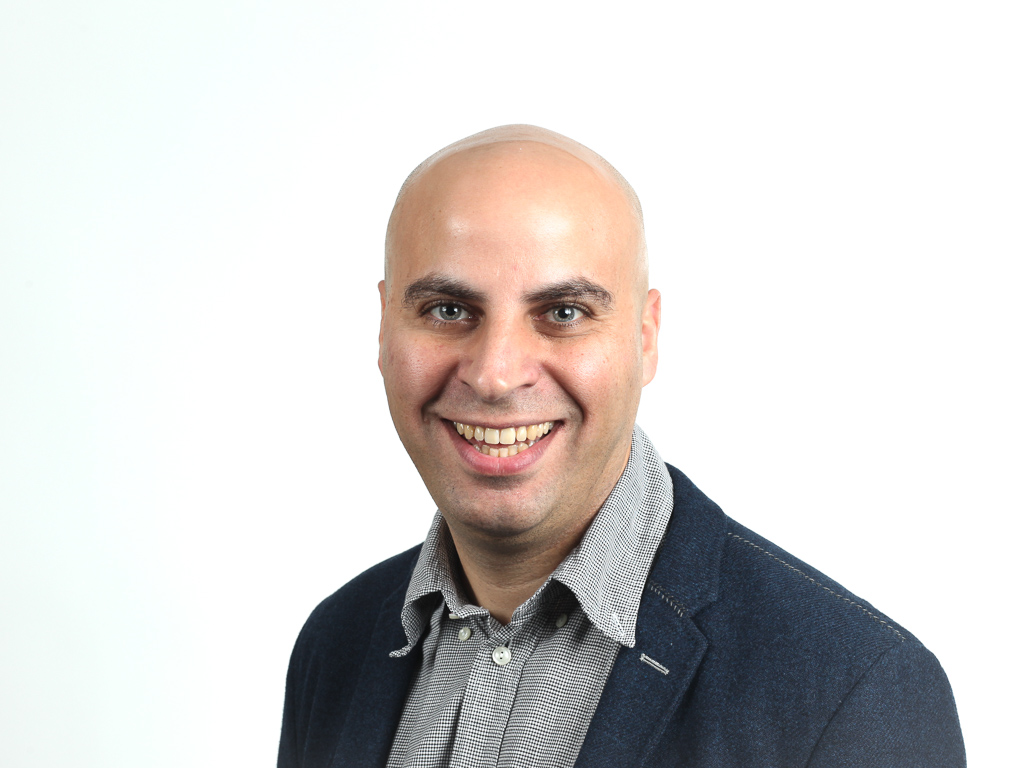
Research summary
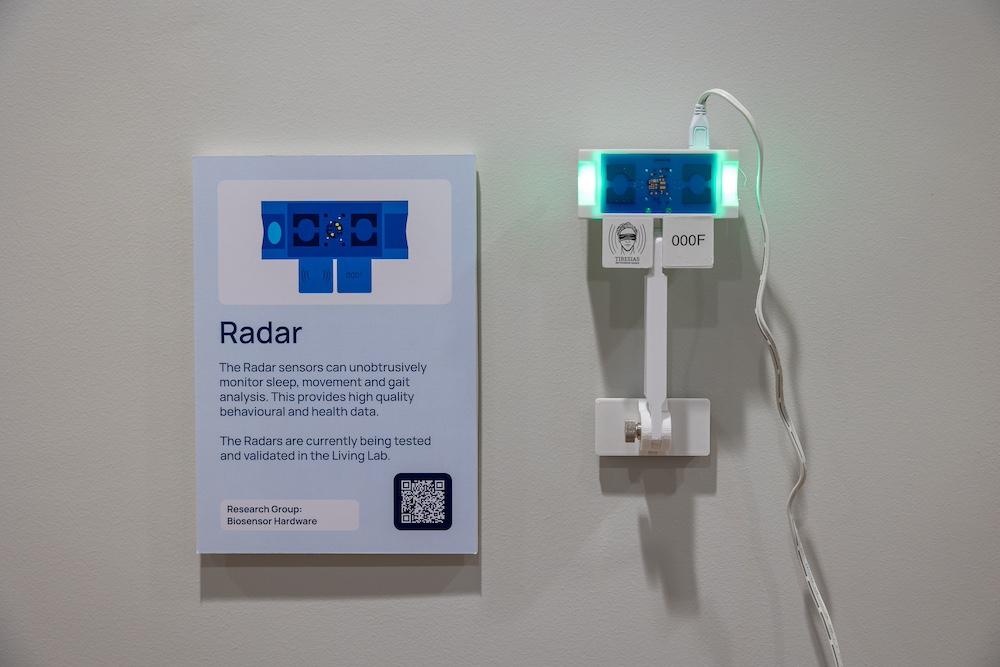
Networked radar for sensing health and activity of people living with dementia. Credit: Constandinou Lab
Bioelectronic systems for intervention in dementia
Prof Timothy Constandinou's research focuses on creating novel bioelectronic systems to enable continuous, minimally obtrusive monitoring and new interventions to improve outcomes for people living with dementia. Tim's research falls under two objectives:
Objective 1. Minimally-obtrusive in-home sensing of physiology and behaviour using radar
The team aims to integrate radar within the smart home infrastructure and deploy in the homes of people living with dementia, to assess their health and wellbeing longitudinally. This enables the observation of disease progression by providing new physiological and behavioural measurables unobtrusively at home, improving the assessment of therapeutic interventions such as pharmacological efficacy, behavioural adjustments for sleep, and facilitating further research in dementia. In the near-term, human trials in the UK DRI Living Lab will validate existing target measures in controlled conditions, allowing the researchers to move towards deployment in patient homes. Meanwhile, advanced data processing algorithms will be developed to identify clinically relevant targets for the radar device. Challenges include target differentiation of patient and carer, robustly and effortlessly identifying movement patterns such as activities of daily living, and heart rate measurement for radar. In the long term Tim envisions these devices enabling monitoring of essential physiological and behavioural measurables for supporting care in Alzheimer's, sleep disorders, and further neurodegenerative conditions such as Parkinson's. Deployment of radar and hearables will validate performance in real world scenarios and provide crucial feedback on adherence and acceptability.
Objective 2. Implantable research platforms for bioelectronic interventions in neurodegeneration
Deep Brain Stimulation (DBS) is routinely used to treat drug-insensitive motor symptoms in conditions such as Parkinson’s disease (PD). This objective will extend DBS by integrating a “physiological monitoring toolkit” within an implantable medical device, which will be made accessible through Minder, the Care Research & Technology Centre smart home infrastructure. This will provide unprecedented access to brain physiology, continuously 24/7, and with 100% compliance and good reliability. This will for example, enable a holistic tracking of sleep in an individual (e.g. including nocturnal sleep in bed, daytime naps in an armchair, etc). The ability to sense both motion and electrical activity will also provide objective measures (e.g. tremors, sleep activity) to incrementally optimise stimulation parameters. Tim's team will explore the use of novel circadian-locked DBS to target non-motor symptoms in PD (improving daytime viligence and nighttime sleep, in addition to motor symptoms). The longer-term vision is to apply the new research platform to explore new interventions in dementia, for example, considering new stimulation targets to promote neurogenesis, neuroprotection, and/or improving memory and cognition.
Key publications
Lab members
- Dr Shlomi Haar (Emerging Leader)
- Prof Danilo Mandic (Academic)
- Prof Tor Sverre Lande (Principal Scientist)
- Dr Alan Bannon (Research Assistant)
- Dr Ian Williams (Postdoctoral Researcher)
- Dr Harry Davies (Postdoctoral Researcher)
- Dr Adrien Rapeaux (Postdoctoral Researcher)
- Ahmad Shah Idil (Research Associate)
- Dr Amir Nassibi (Research Associate)
- Ziwei Chen (Research Assistant)
- Michael Drury (Embedded Systems Engineer)
- Cosima Graef (PhD Student)
- Charalambos Hadjipanayi (PhD Student)
- Alena Kutuzova (PhD Student)
- Federico Nardi (PhD Student)
- Assaf Touboul (PhD Student)
- Maowen Yin (PhD Student)
- Niro Yogendran (PhD Student)
- Zachary Nairac (PhD Student)
- Vichaya Manatchinapisit (PhD Student)
- Dimitris Antoniades (PhD Student)
- Berkay Ozbek (PhD Student)
- Steven Wong (PhD Student)
- Natalia Martinez (PhD Student)
- Mei Miyazaki Kirby (PhD Student)
- Nicolas Calvo Peiro (PhD Student)
- Jiaqi Ge (PhD Student)
- Chloe Bernardoni (PhD Student)
- Gaia Frigerio (MSc Student)
Vacancies
Collaborators
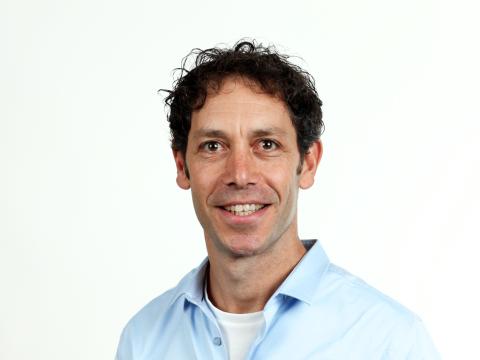
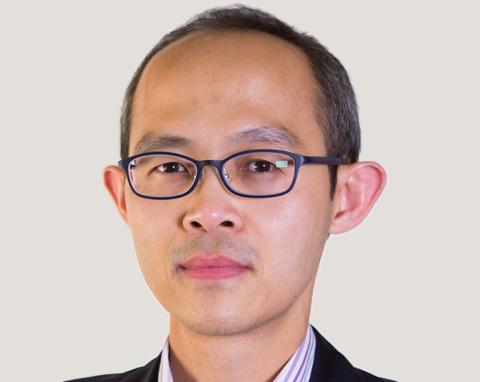
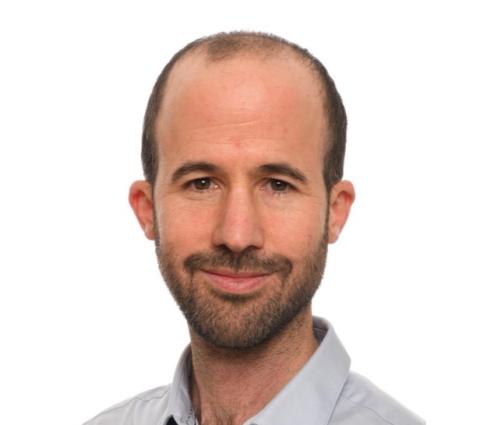


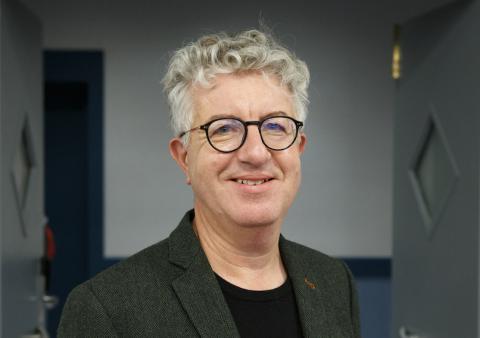

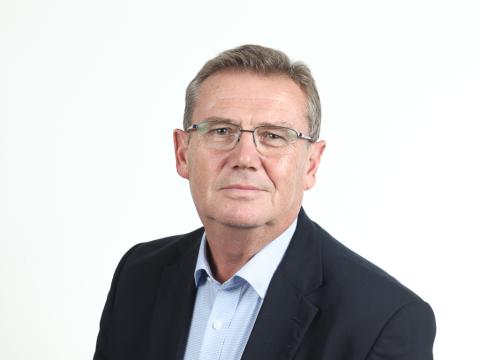
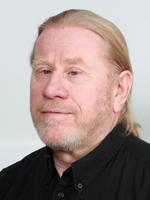
Lab funders
Thank you to all those who support the Constandinou Lab!

